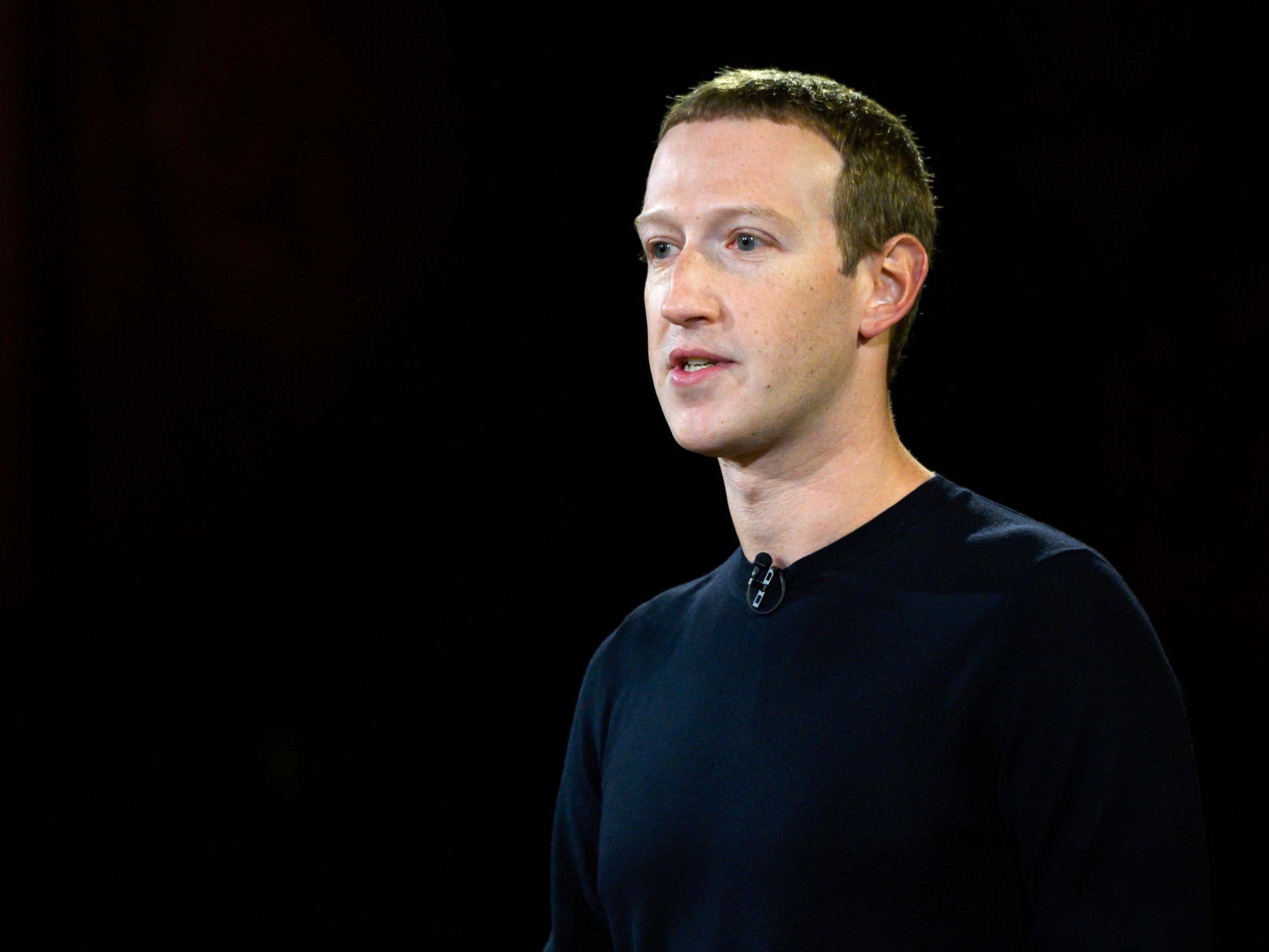Privacy and tax are two massive issues facing Facebook. But only one of those is easy to fix
Of course there is no excuse for a firm with the resources of Facebook to not follow the laws of the lands in which it seeks to operate. But one unintended consequence of this system is to inhibit competition, and consolidate the position of the American giants, says Hamish McRae


Facebook has two problems. One, tax, will be relatively easy to fix. The other, privacy, will be excruciatingly difficult to do so.
On Saturday Mark Zuckerberg, speaking at the Munich Security Conference in Germany, acknowledged that Facebook would have to pay more tax:
“I understand,” he said, “that there’s frustration about how tech companies are taxed in Europe. We also want tax reform and I’m glad the OECD [Organisation for Economic Cooperation and Development] is looking at this.”
That is the easy one. One of the many things that most European governments and their electorates have found infuriating has been the huge scale of revenue that the American high-tech giants garner in their countries and how little tax they pay locally on these funds. The problem is partly that much of the profits are declared in the country of headquarters, in this case the US, and partly that insofar as profits are attributed to overseas jurisdictions, they tend (surprise, surprise) to be booked in countries with low corporate taxes. Ireland has been a particular beneficiary of this policy.
But once something becomes socially unacceptable, action is taken. So the OECD has been charged with finding a solution. It has come up with a plan and will put that to the G20 finance ministers at their next meeting later this month. The details of the plan are complex, and the difficulties of getting international agreement huge. But at least there is a solution in sight.
Privacy is much, much harder. There are two groups of problems. One is that there are no common global standards of what should be private. The other is that the social media giants are a hybrid, at one end merely transmitting vast amounts of data, and at the other generating equally vast amounts of information. They are, to use pre-digital analogies, both a postal service and a newspaper.
We all have different ideas as to what should be public and what should be private, and these ideas change over time. For example in Norway all tax returns are publicly available and have been for the past 200 years. There is similar openness in Sweden and Finland, but the further south you head in Europe, the more the concern for privacy over people’s income climbs. In the UK there is little pushback against surveillance cameras, so little that we don’t even know whether there are 4 million or 6 million of them. But the UK is unusual in that it is not compulsory to carry ID cards. Almost all other countries do require this and the Labour government brought in the Identity Cards Act in 2006 – the plan was scrapped by the incoming Conservative Liberal coalition in 2010.
Similar differences occur across the world, and the point here is not that one or other legal requirement or social convention is right or wrong. Rather it is that even apparently similar societies have different ideas and different legislation, and this is a huge problem for global social media companies. Thus the Irish launch of the Facebook dating service has just had to be postponed because it seems to have fallen foul of the country’s Data Protection Act. It was launched in a number of countries over the past few months and in the US last autumn. I suspect Facebook assumed that Irish people had similar social conventions when dating as Americans. Well, maybe they do, but the laws are different.
Of course there is no excuse for a firm with the resources of Facebook to not follow the laws of the lands in which it seeks to operate. But one unintended consequence of this system is to inhibit competition, and consolidate the position of the American giants. There are no significant European social media networks and that is surely troubling.
The fact that these enterprises are doing something utterly new makes the whole regulation issue even tougher.
Mark Zuckerberg’s solution? It is for governments to develop new regulations concerning social media, and he suggests that these should be a mixture of the present rules for telecom and media companies.
In principle, this makes sense. The Post Office is not responsible for what people write in letters to each other, nor the phone company what people say to each either on the phone. But newspapers have long been responsible not only for what their own people write but for the views of readers as expressed in their letters to the editor. That responsibility has however been weakened in the comments under articles for online media, reflecting the general acceptance that online statements are somehow different to those in print.
So it’s difficult.
But it is not an entirely new problem. I think the best analogy is the early days of the motor car. Here was a new technology that required new legislation (eg, compulsory driving licences) and new technology (traffic lights) to make it safer. Gradually deaths came down.
We need new legislation and new technology to make social media safer. Meanwhile the reasonable thing to ask of Mark Zuckerberg and his like is that they should try and use their massive resources to make sensible, decent and measured judgements about what is right and wrong.
“We don’t want private companies making so many decisions about how to balance social equities without any more democratic process,” he said.
Sure. But they have to.
Join our commenting forum
Join thought-provoking conversations, follow other Independent readers and see their replies
Comments